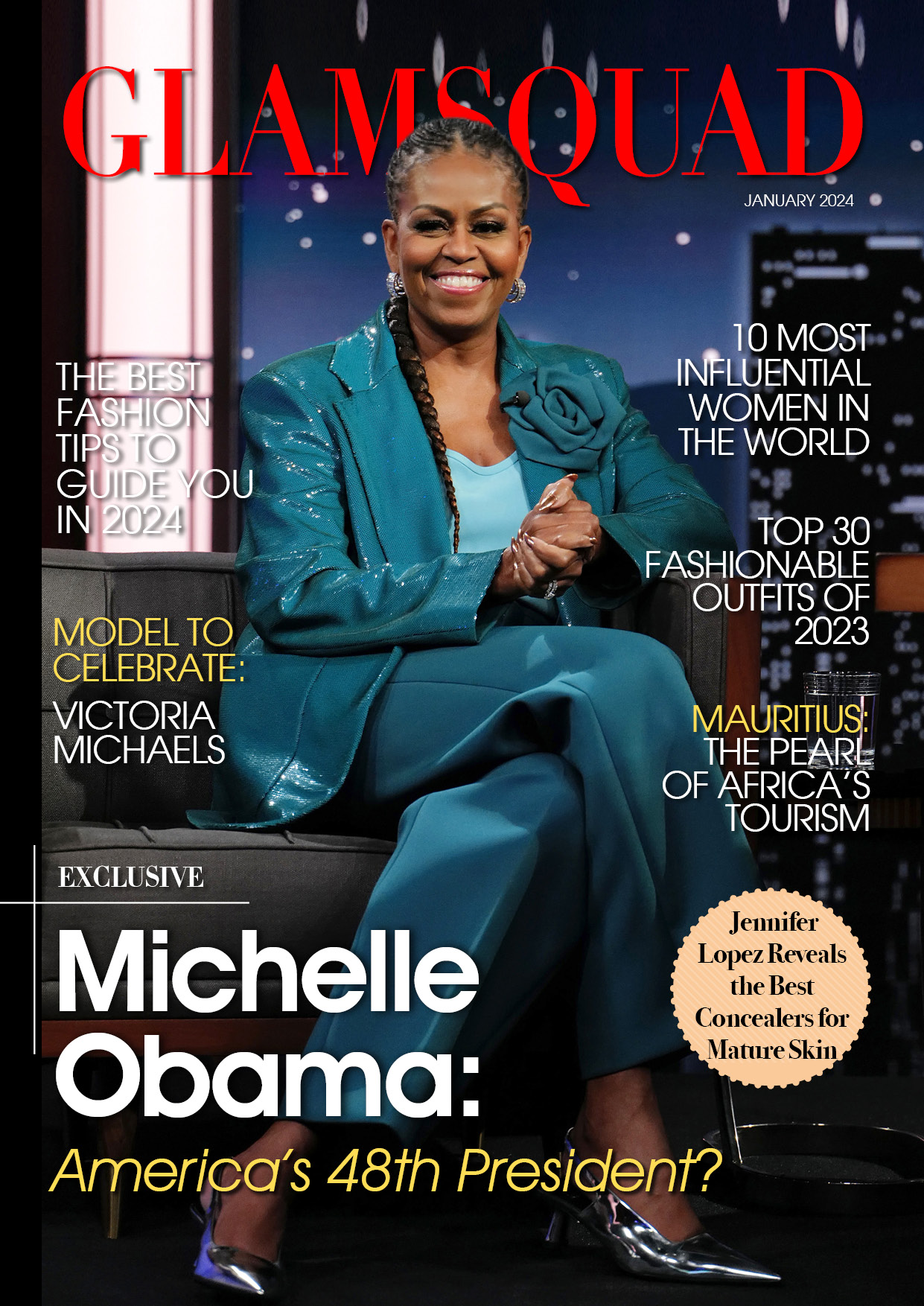The term menswear is usually synonymous with clothes made to elicit normative ideas of masculinity. Starched 3-piece suits are meant to denote respectability and seriousness and rugged or worn denim is used to promote the industrious nature of men. But for Adebayo Oke-Lawal, the creative director behind the cult brand Orange Culture, menswear should be a more welcoming term – one that makes room for the romance of organza and the luxury of silk.
“I’m not a suit wearer, so when I decided to create a brand, I wanted to make something that was holistically me,” said the designer.
“I wanted to create something that represented my uniqueness and individuality as a person, and I hope the brand reflects that.”
Orange Culture’s ability to transcend the rigidity of traditional menswear has made it a favorite here in Nigeria and outside the country. With almost 60,000 followers on Instagram alone, Oke-Lawal has been able to use the platform as an interactive moodboard of what the brand represents and in turn has attracted a growing number of men (and women) who embody the quintessential essence of the brand. Like many successful brands with a unique aesthetic, Orange Culture has joined the league of brands with identifiable patrons – writers, photographers, creatives, and other men who aren’t afraid to push boundaries personally and professionally are almost always patrons of Orange Culture.
“People that buy and wear Orange Culture are looking for more than just clothes. They want to feel something, they want to feel emotionally invested in what it is they’re buying,” said Oke-Lawal.
As the industry grows in size and renown, designers are tasked with evolving and breaking into different markets. They are also faced with refuting the idea that African designers are mandated to work with a certain kind of African print or create a particular kind of African design in order to authenticate their heritage and experiences. This is something Oke-Lawal has been doing since the inception of the brand.
“It’s not about creating some cliche representation of what Nigeria is, it’s about creating a new identity that speaks to who we are as modern-day Nigerians,” said the designer.
Oke-Lawal forgoes the obvious identifiers of Ankara prints for more subtle references about Nigeria and his relationship with the country.
“It might be in the story behind the prints or something like that, but it’s always something that you don’t expect and I think that’s what my generation is about. We are always doing things that aren’t expected, we are creative, innovative, young, and excited.”
Whether he is reliving his secondary school experience or deconstructing masculine stereotypes, Oke-Lawal is using his designs as a political affront and making room for designers who want to use their craft to speak out. Since the brand’s inception in 2011, a host of other menswear designers are also redefining what menswear means to them in their designs.
Orange Culture will be showing its SS17 collection on Saturday, October 29. Visit the gallery below to look at images from the brand’s past collections.











